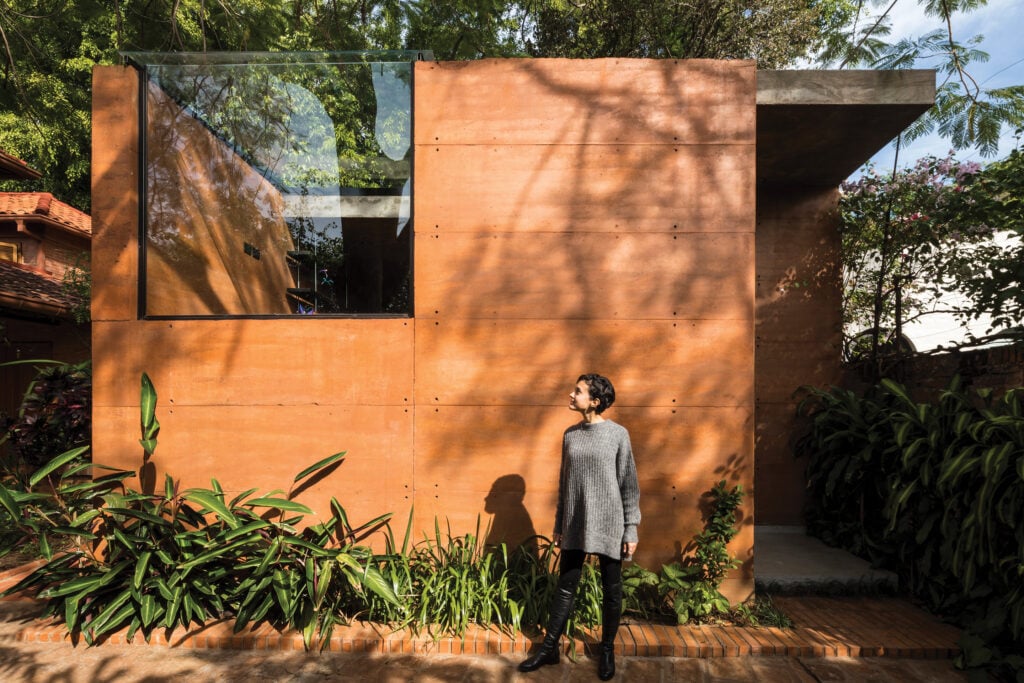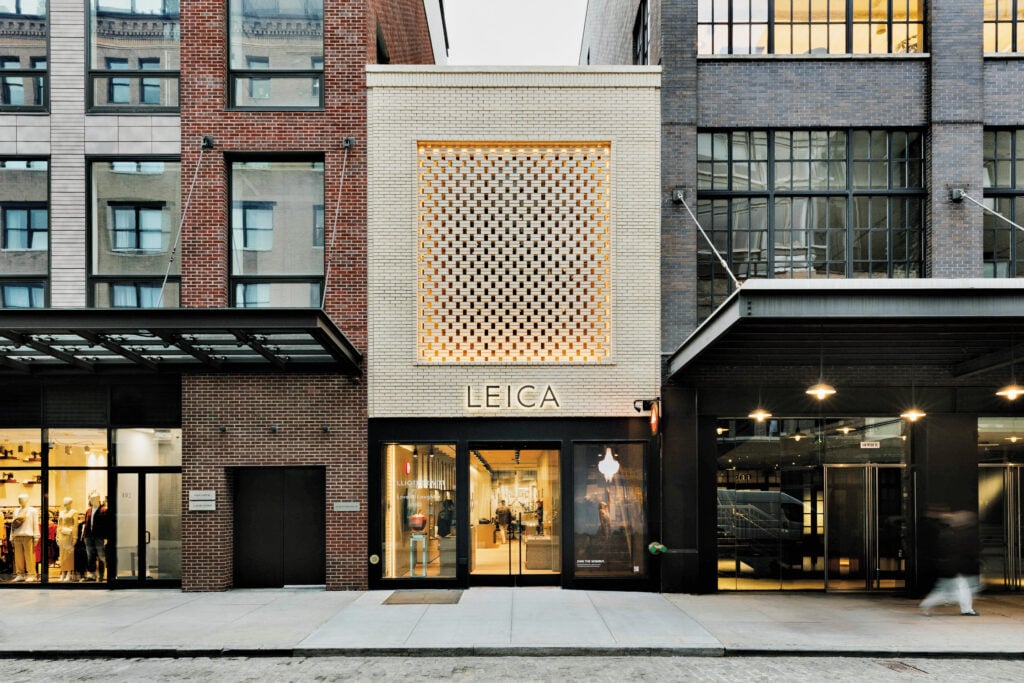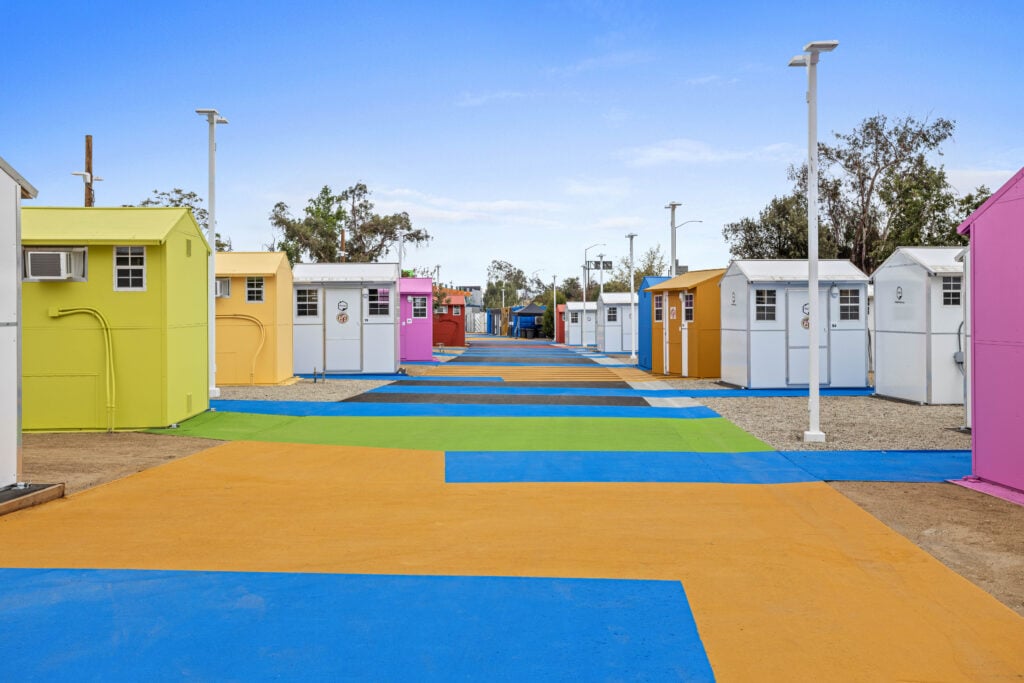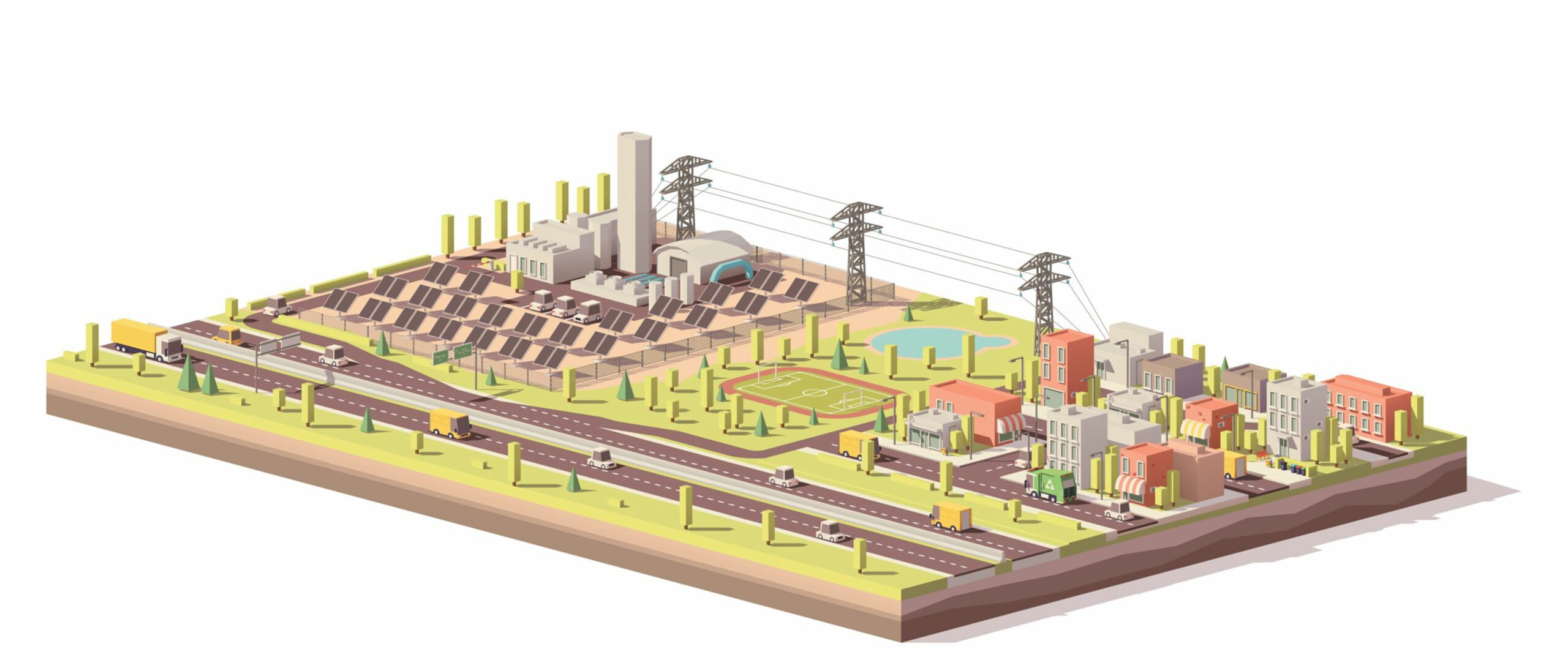
May 1, 2024
Home Technologies with Promise and Peril
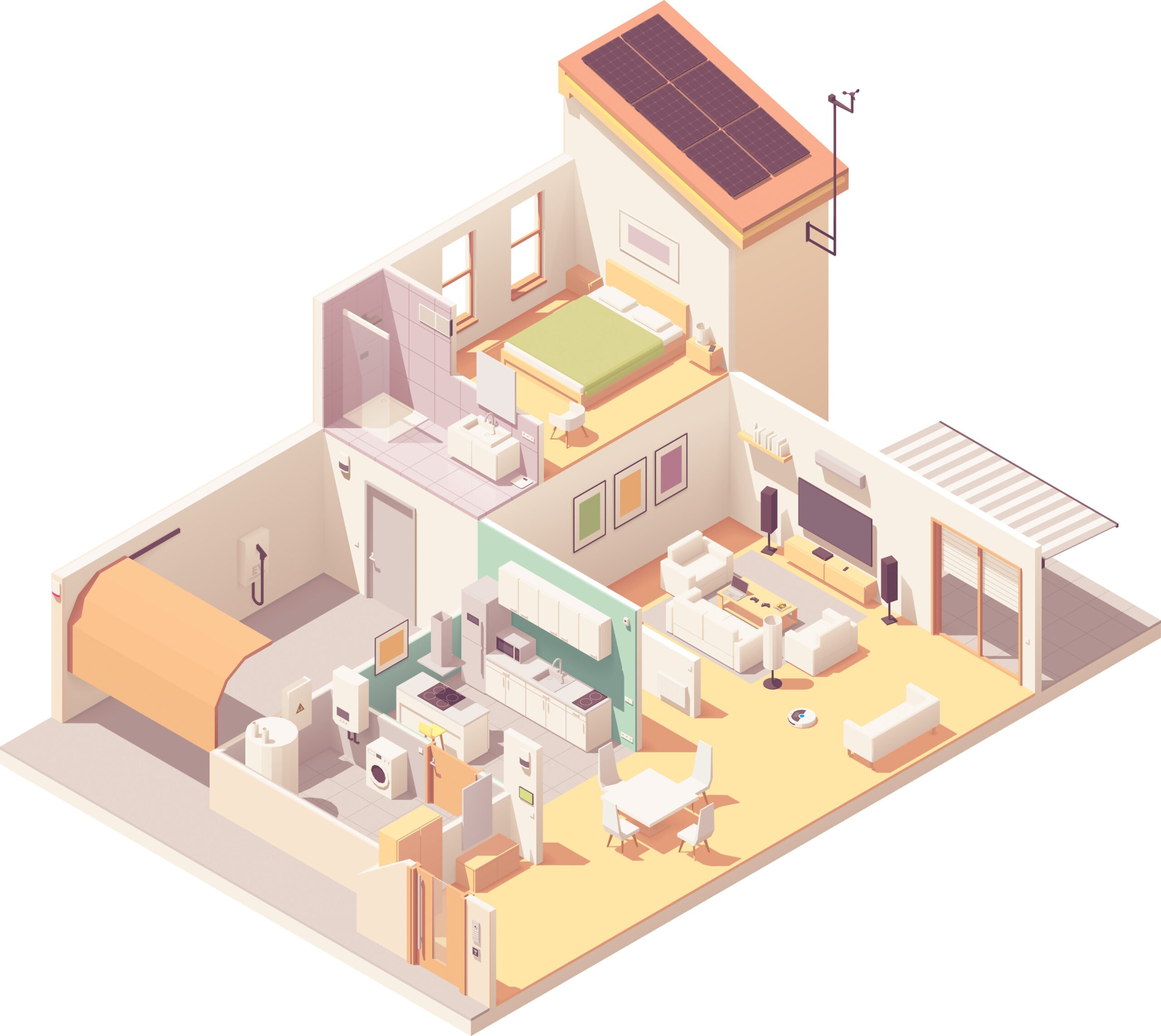
MICROGRIDS
Microgrids are a game changer, offering homeowners the autonomy to produce and store renewable energy, liberating them from conventional grids and fossil fuels. Rooftop solar panels aren’t the only way to generate clean energy that powers entire lifestyles while reducing carbon footprints—some parts of the United States now offer community solar projects, and in a few years we might even see windows that can turn sunshine into electricity. This self-sufficiency could redefine how we perceive energy consumption in our homes, fostering resilience and sustainability.
BIOTECH
Biotech, another frontier in design, promises transformative materials with unparalleled sustainability benefits. Picture walls constructed from mycelium, a fast-growing fungus with exceptional carbon absorption and insulation properties. Furniture crafted from bioplastics derived from agricultural waste offers durability without environmental harm. These innovations have the potential to dramatically diminish the environmental impact of interior design materials.
SMART HOME TECHNOLOGIES
Smart Home Technolohies, such as those offered by industry leaders like Lutron and Savant, mark the dawn of intelligent spaces—and this intelligence can be used for purposes beyond convenience. Smart homes can optimize lighting, climate control, audio, and shades, enhancing energy efficiency and even offering backup during grid failures. Designers can seamlessly incorporate these fixtures within their platforms, creating a harmonious fusion of sustainability and cutting-edge technology.
However, while these technologies hold immense promise, they do come with challenges. Microgrid installations, for instance, require significant up-front investment (although tax incentives and subsidies can help with that in some locations). Biomaterials are still evolving, and questions regarding their long-term durability and safety haven’t been resolved. Smart home technologies raise valid data privacy and security concerns, necessitating robust safeguards for user trust.
As designers committed to sustainability, it’s our duty to embrace these innovations while acknowledging their complexities. Engaging in collaborative research, partnering with scientists, engineers, and manufacturers, and advocating for supportive policies are crucial steps. By doing so, we can pave the way for homes that not only captivate aesthetically but also contribute to a healthier planet for generations ahead.
Laurence Carr is the founder and CEO of Laurence Carr Inc., a regenerative, multifaceted interior design firm, and the founder of Studio Laurence, a sustainable luxury home goods brand that specializes in zero-waste product design.
Would you like to comment on this article? Send your thoughts to: [email protected]
- No tags selected
Latest
Profiles
Equipo de Arquitectura Practices Material Sincerity
The Paraguay-based firm integrates material rigor and contextual design into its cultural and residential projects.
Profiles
Format Architecture Office Envisions an Expansive Design Process
Format Architecture Office (FAO) helps clients hone their vision with a focus on the driving forces behind each design decision.
Profiles
Pallet’s Tiny Home Villages Build a Bridge to Permanent Housing
The Washington-based company creates rapid response shelter villages that can be constructed in a matter of days.



